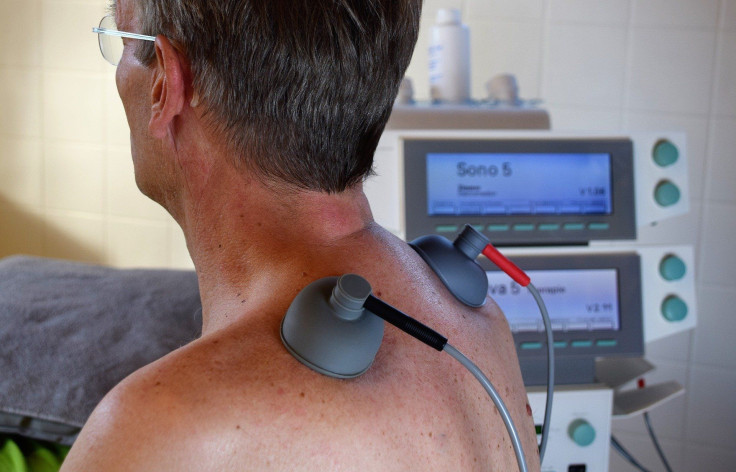Omicron Symptom: 'Lightheadedness' Could Be A Sign You Have COVID-19
KEY POINTS
- Dizziness can be a sign that someone has contracted COVID-19
- The virus-induced symptom was described as similar to experiencing vertigo or lightheadedness
- People who experience post-COVID-19 dizziness are urged to contact their doctors or medical professionals
People who are experiencing dizziness may have contracted COVID-19, according to health officials.
Dizziness, along with back pain, is a lesser-known symptom of omicron, Mirror U.K. reported.
"Many studies have reported that COVID can cause dizziness during the acute phase of the infection, during recovery or as part of Long COVID symptoms," the U.K.'s National Health Service (NHS) said in its COVID-19 recovery guide.
The NHS described the virus-induced dizziness as "a sensation of spinning or an altered sense of motion often called vertigo" and lightheadedness that was similar to "a feeling as if you might faint."
Both vertigo and lightheadedness can make people "feel slightly off-balance," according to the agency.
The former, which is the feeling that a person or everything around them is spinning, is "often" seen in viral infections because a person is either "weaker and run down or because the virus has affected the vestibular system - the link between your inner ear and your brain," the NHS explained.
A person may have an affected vestibular system if they get dizzy from moving their head, seeing lots of movement in front of their eyes or changing positions quickly, according to the health agency.
Lightheadedness, meanwhile, is caused by dehydration, taking some types of prescription medication, low blood sugar levels, anxiety, stress and iron deficiency anemia, among other things.
It can also be caused by a condition called postural orthostatic tachycardia syndrome (PoTS), which sees an abnormal increase in heart rate that occurs after sitting up or standing, the NHS said.
The agency recommended that people who experience dizziness move slowly when moving from lying and sitting to standing as well as aim to move normally.
"Movement involving your eyes, head and body has been shown to help reduce dizziness and improve balance and fatigue in many conditions affecting the balance system," the NHS explained.
People who have contracted COVID-19 and experience dizziness are urged to consult their doctors or healthcare professionals if:
- Symptoms are constant, severe and worsening
- They have unexplained falls near fainting and trips
- They have constant noise/tinnitus or loss of hearing
- If they think they have POTS or low blood pressure
Meanwhile, "urgent help" should be sought if the sudden onset of dizziness came with the following symptoms:
- Chest pain
- Palpitations
- Shortness of breath
- Loss of consciousness
- Face, arm or leg weakness and/or any neurological signs like speech and swallowing problems and facial drooping
- Sudden and severe loss of hearing
The U.K. has reported a total of 16,468,522 confirmed COVID-19 cases and 176,813 virus-related deaths, publicly available government data showed.

© Copyright IBTimes 2025. All rights reserved.





















